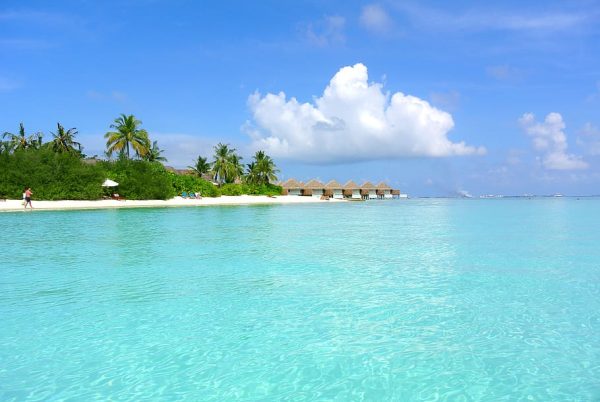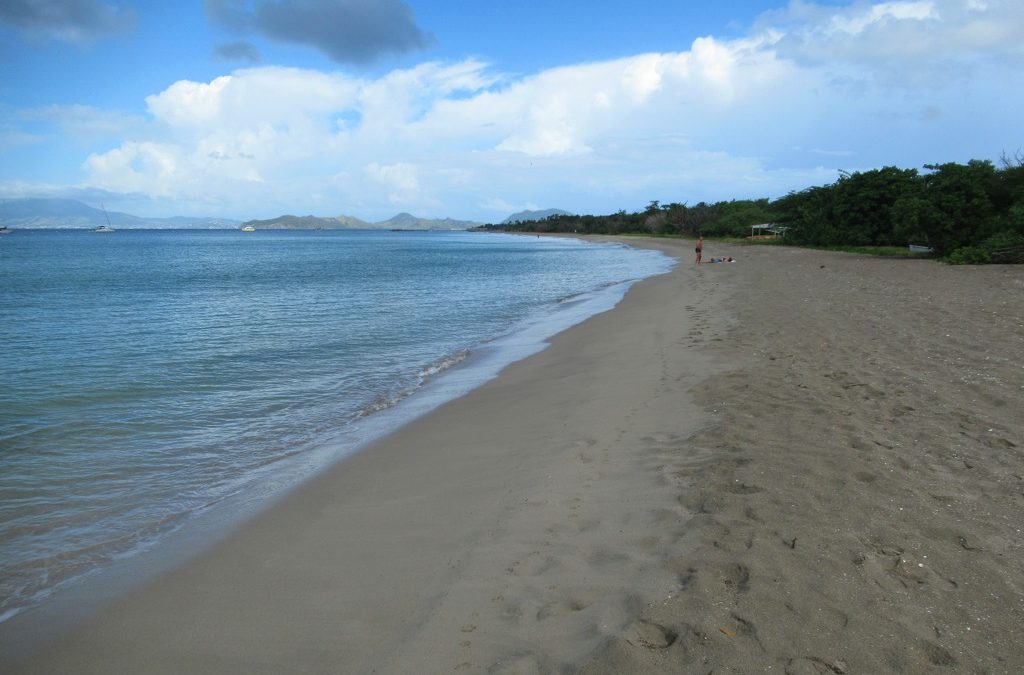Learn how eco practices and responsible tourism can reshape your experience as a tourist while getting to know the latest trends in sustainability.
The Maldives, a beautiful island nation in Southeast Asia, is renowned for its luxurious resorts, stunning beaches, and sparkling waters. However, the very features that draw tourists to the country pose a threat to its environment. Sustainable tourism has emerged as a key solution to this problem, with an aim to create a balance between the needs of travellers, protecting the environment and supporting the community.

maldives-coconut-tree-sea-resort | img via wallpaper flare
Sustainable Tourism in the Maldives
To the Maldives, sustainable tourism isn’t just an initiative; it’s a necessity. The emphasis is on protecting the environment – which includes protecting marine life and coral reefs – and supporting economic growth. In essence, sustainable tourism is a win-win solution for the tourism industry, the environment, and the local community.
Eco-Friendly Practices and Innovations
With the likes of Grand Park Kodhipparu Maldives at the forefront, the Maldives is the pioneer in eco-friendly tourism. In the Maldives, an eco-friendly resort would take the initiative to leave a minimal ecological footprint by managing its waste carefully and significantly minimising the use of plastic.
Community Involvement
In the Maldives, the local communities benefit directly from the tourism industry. Some locals work with resorts to provide tourists with locally-made products. And there are numerous initiatives to encourage and support local art and crafts.
Challenges
Environmental changes and rising sea levels are posing a threat to the growth of sustainable tourism, which, in turn, can stifle economic growth. It’s up to the government to make sure that there are initiatives in place to support growth despite these challenges. Working with international bodies can help the industry, and ongoing commitment and vigilance will be the key component in realising the country’s full potential as an eco-friendly tourist destination.

